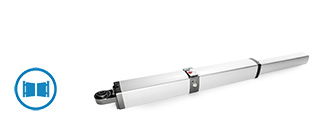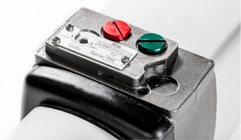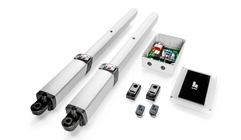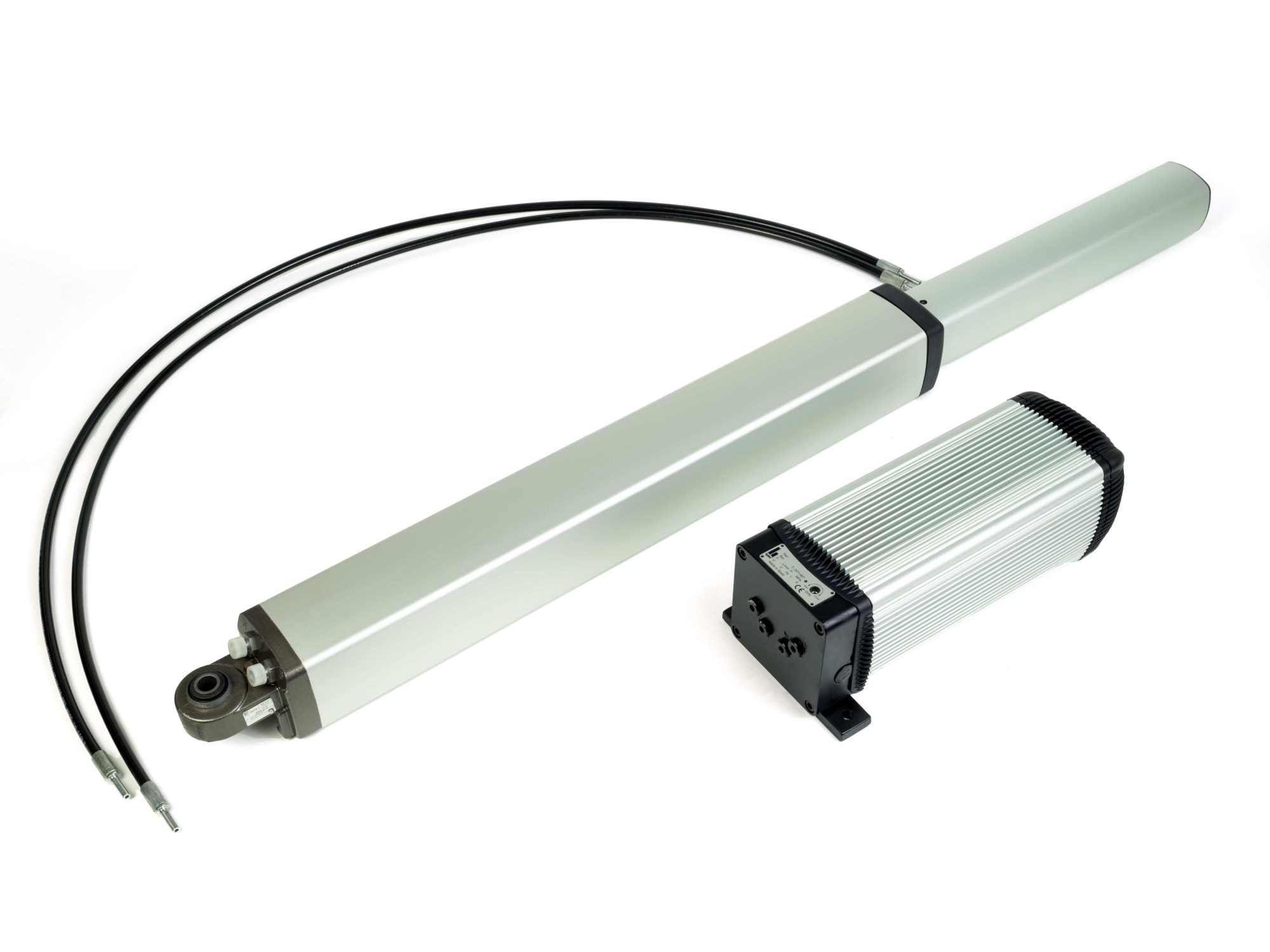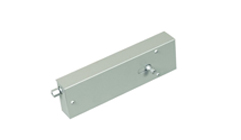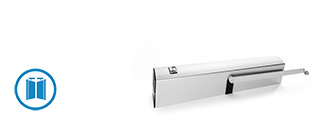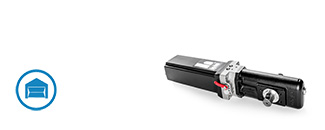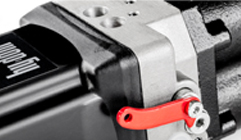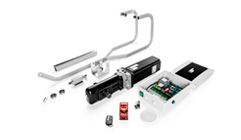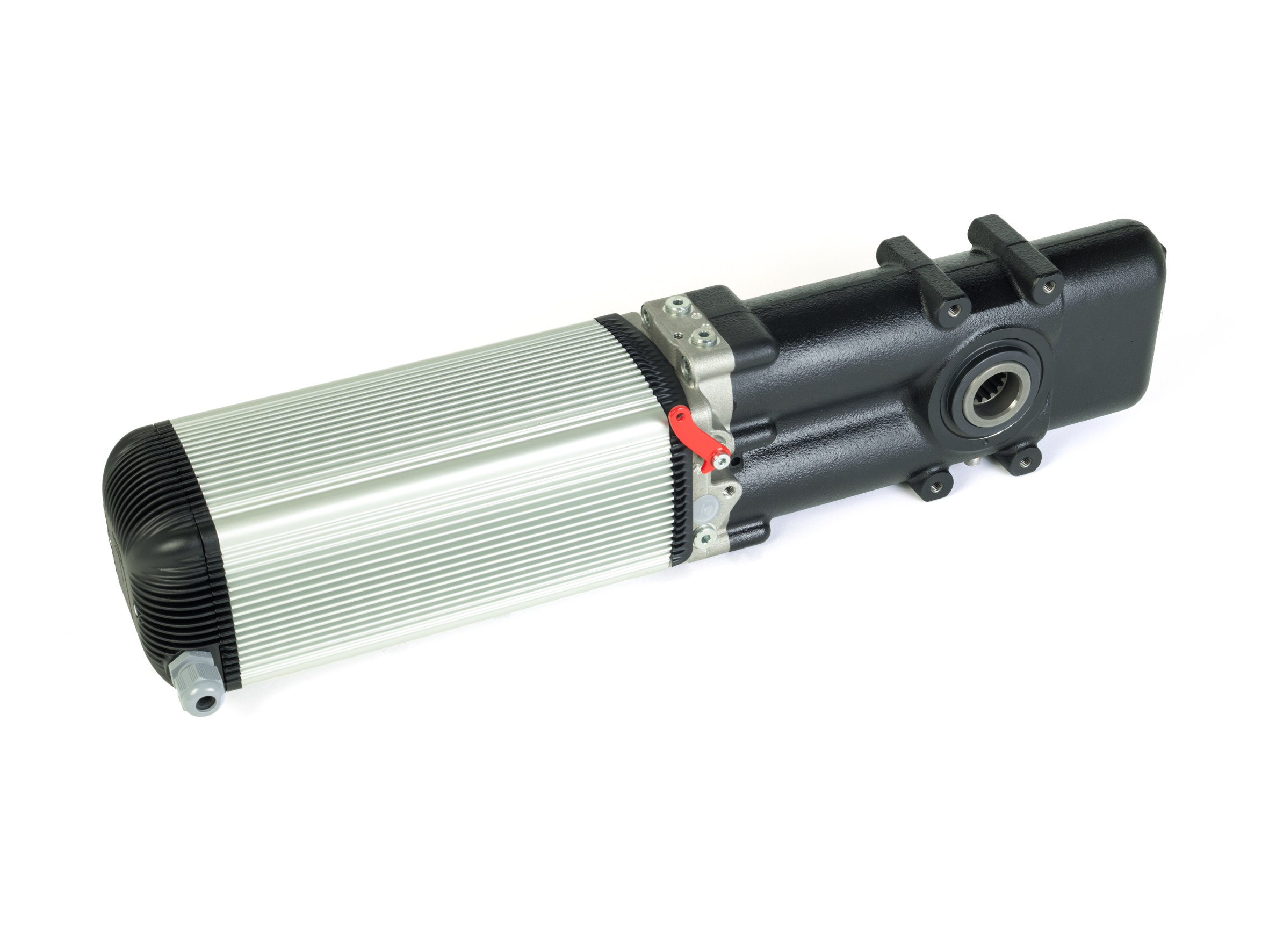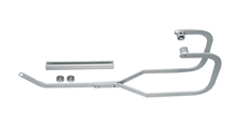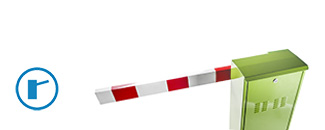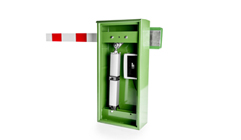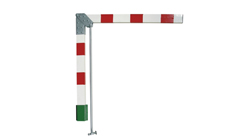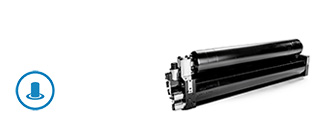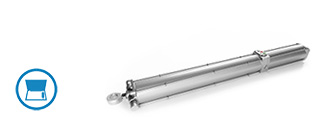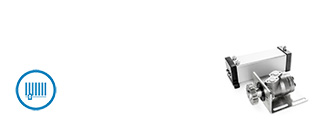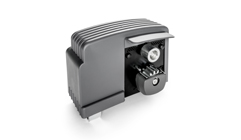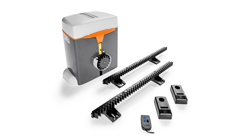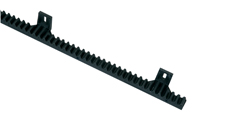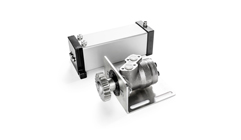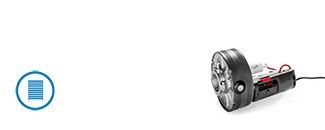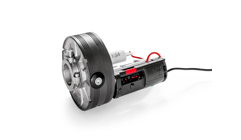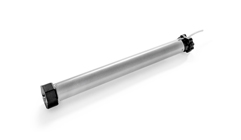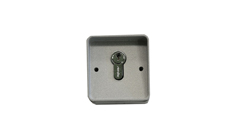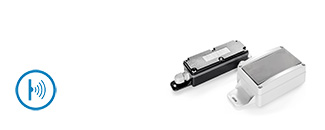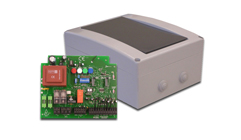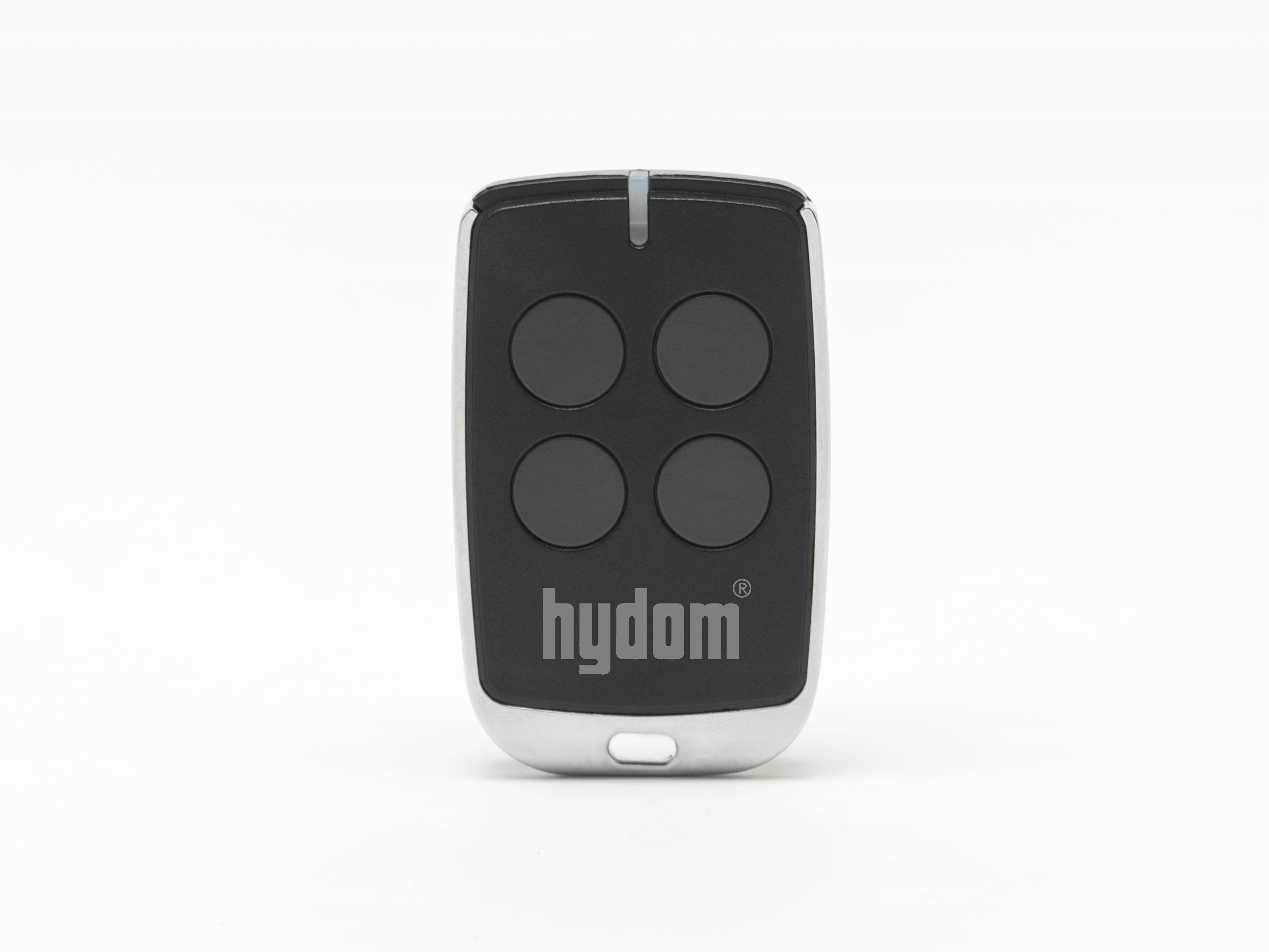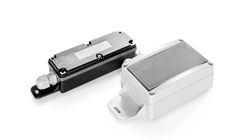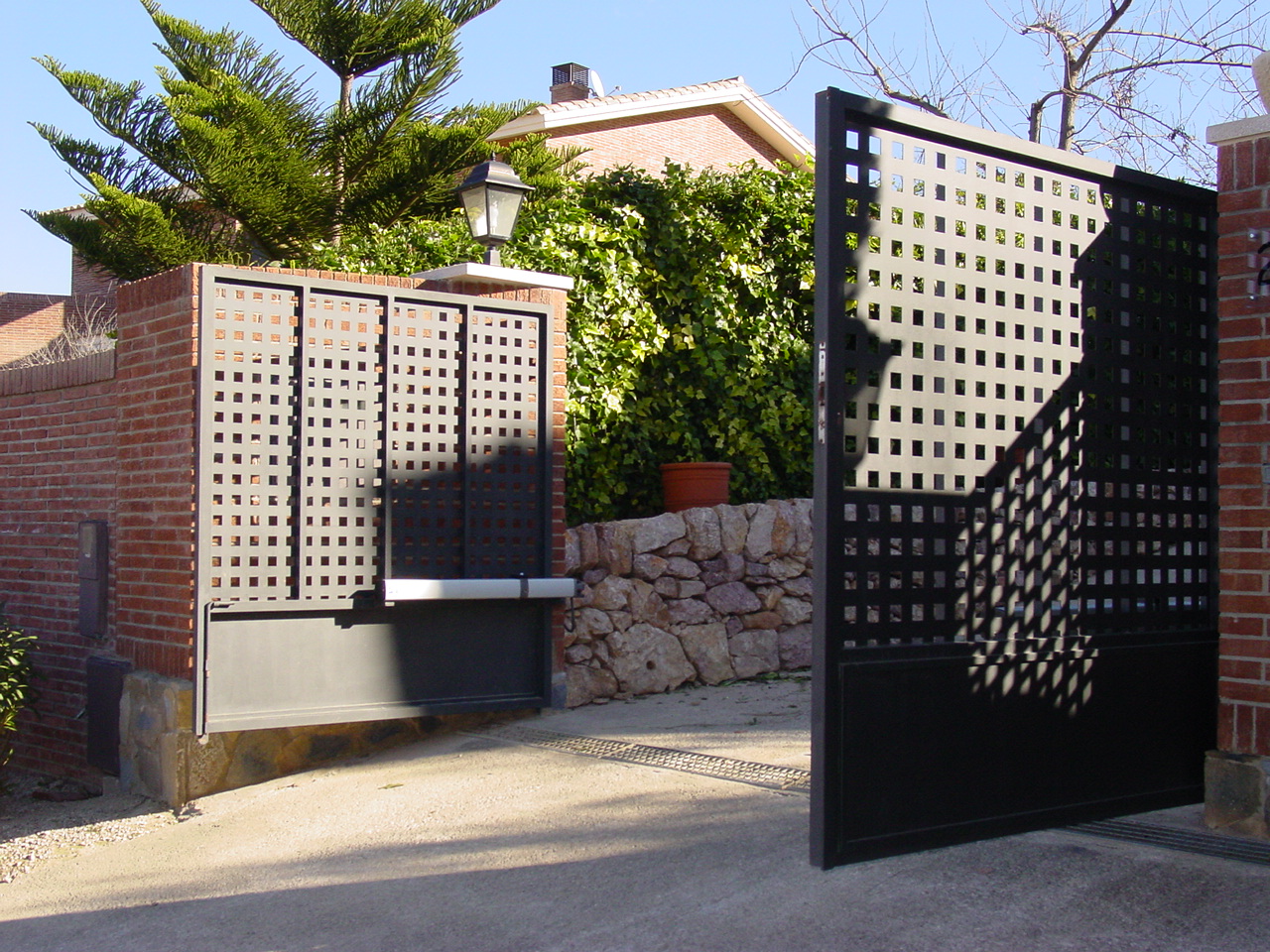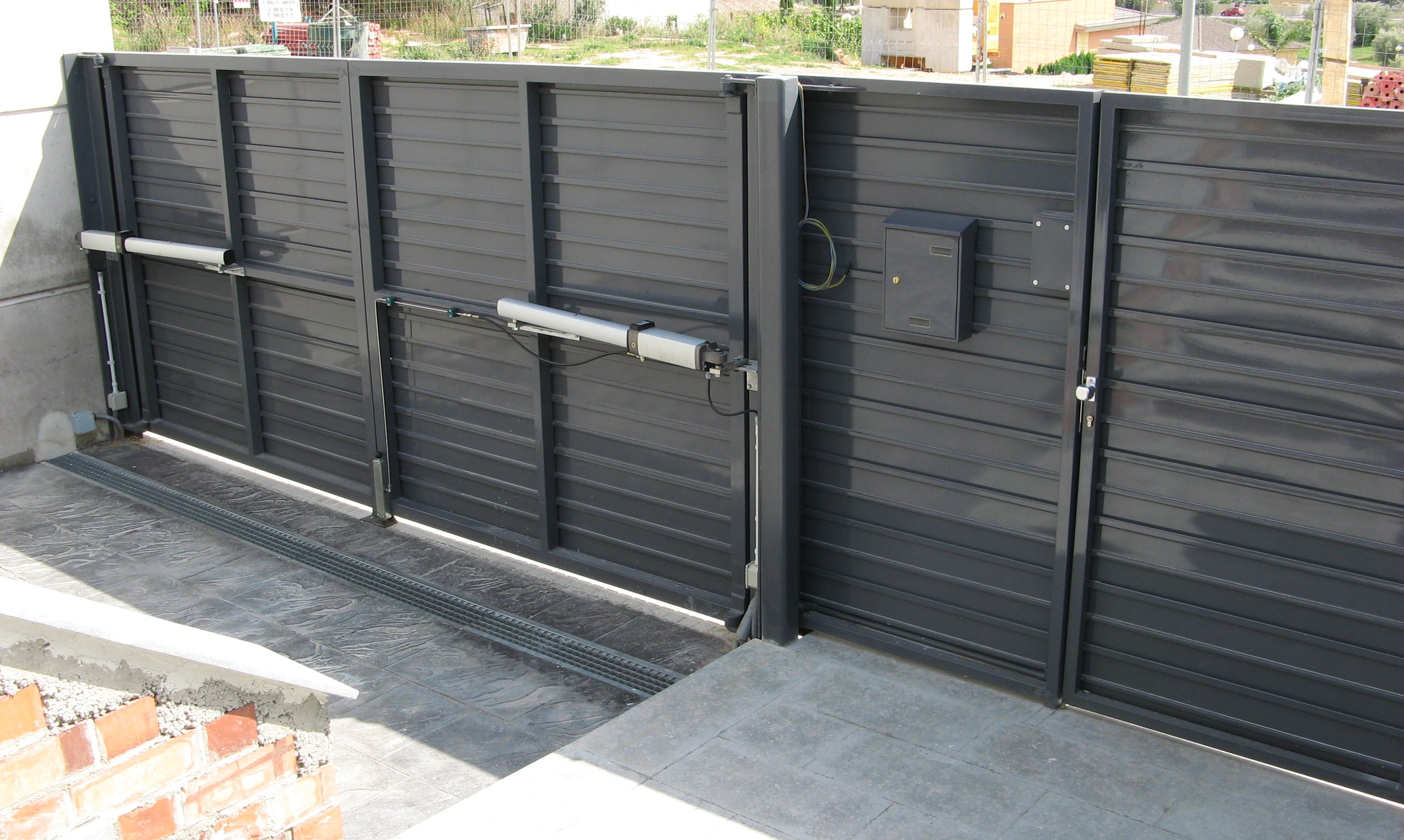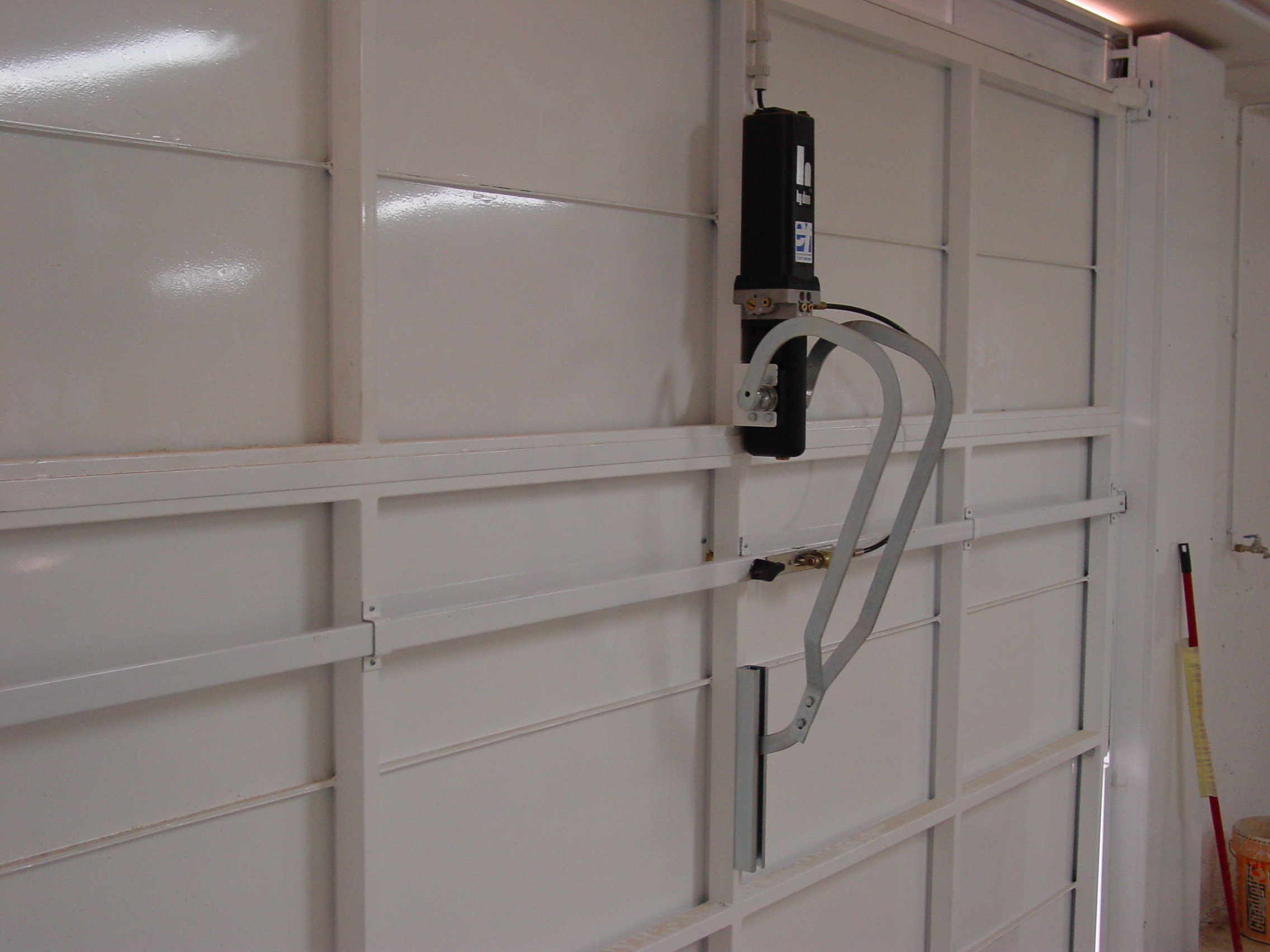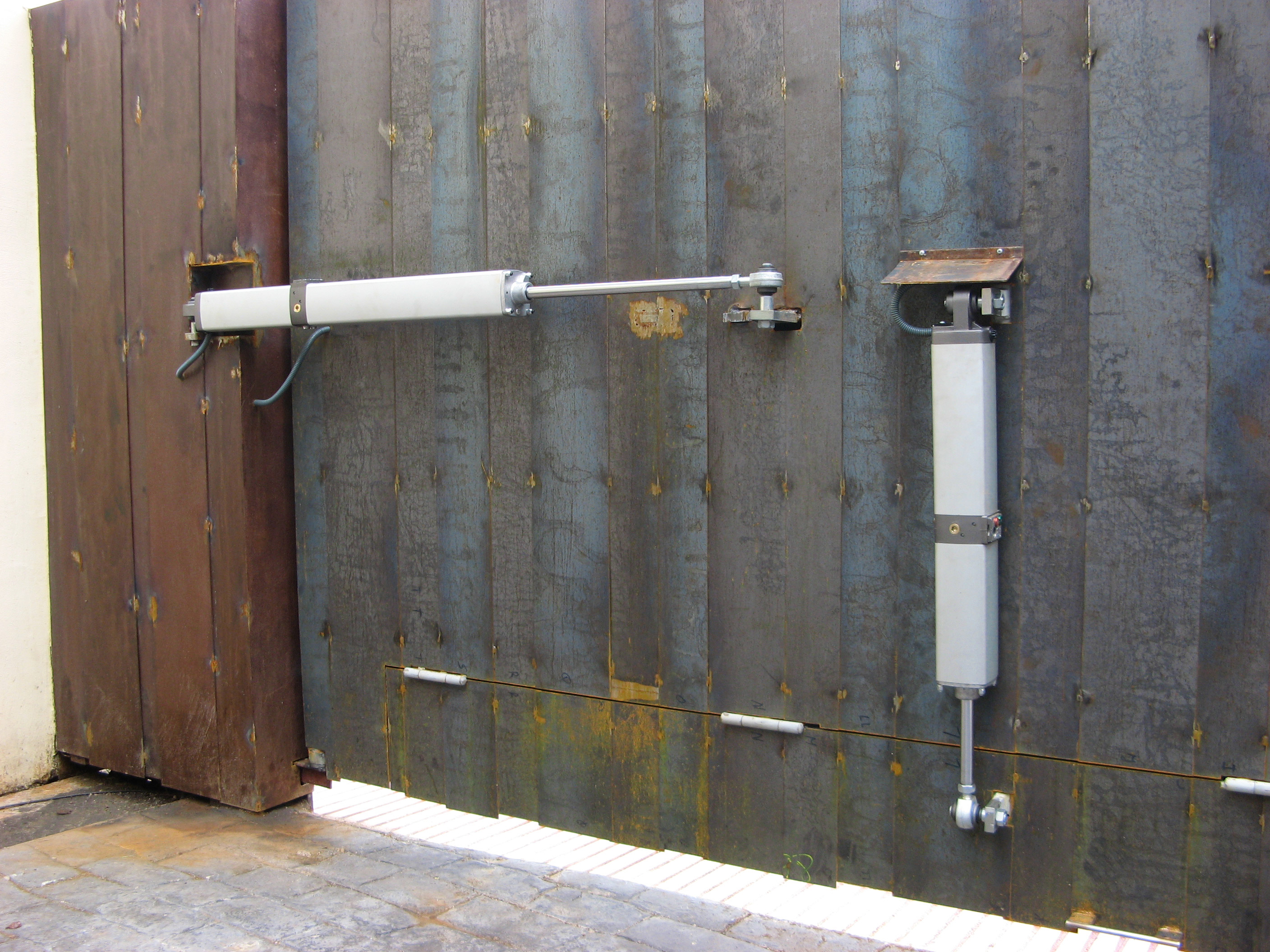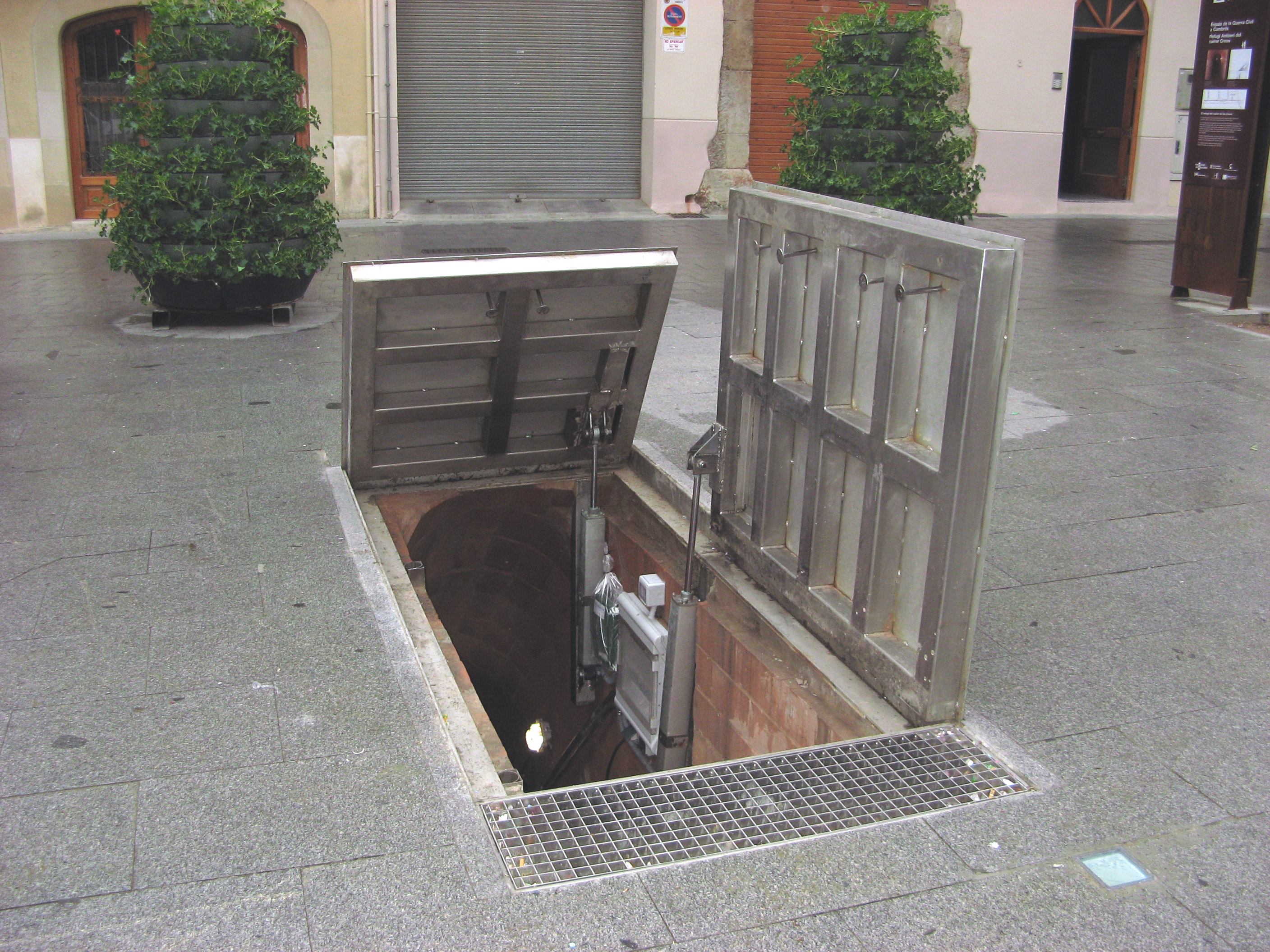Why should I choose a hydraulic automation for my garage door?
06/27/2022It is very important to choose an operator for our door that meets our needs; especially in communities, where there is a greater volume of entrances, exits and manoeuvre investments.
The reasons for choosing a hydraulic operator are as follows:
- Intensity: Hydraulic motors are designed for intensive use, which allows the motor to work all day long, without any problem and without suffering any damage, and also if there are atmospheric agents that cause sudden movements of the door, where the gears of the electromechanical equipment suffer a lot.
Having said this, we can affirm that hydraulic motors are ideal for neighbourhood communities, as well as having an average useful life of one million cycles, with very low maintenance.
- Durability: oil-dynamic automatisms have a much higher durability than electromechanical ones, so, although the price is higher, it is also a perfect solution in private homes, since in the end, a cheap motor can be expensive.
An example of this durability is that Hydom recommends maintenance, including changing the oil, gaskets and seals, every 250,000 cycles, a number not comparable with the approximately 100,000 cycles of the average life of electromechanical equipment*.
- Hydraulic locking: Another advantage of hydraulic motors is that it can be used with or without locking; in the case of communities, if the equipment is non-locking it will allow the door to serve as an emergency exit.
This model of operators can be combined with a lock, either electric or hydraulic. In the case of the latter, we will avoid the problem of burnt coils and, in addition, together with our operators, we will avoid the noise produced by the strike of the latch when closing.
- Use: hydraulic automatisms have an infinite number of uses, such as the automation of flaps, sunshades, doors that require a very high force, operating at high speeds with total safety, or other applications.
In conclusion, both for residential and communities, hydraulic actuators are the best solution, avoiding having to think about automation over a very long period of time.
*The approximation of the cycles that a door will make in a period of one year is calculated in the following way:
Annual cycles = No. of garage places x 2 x 365 (days)

